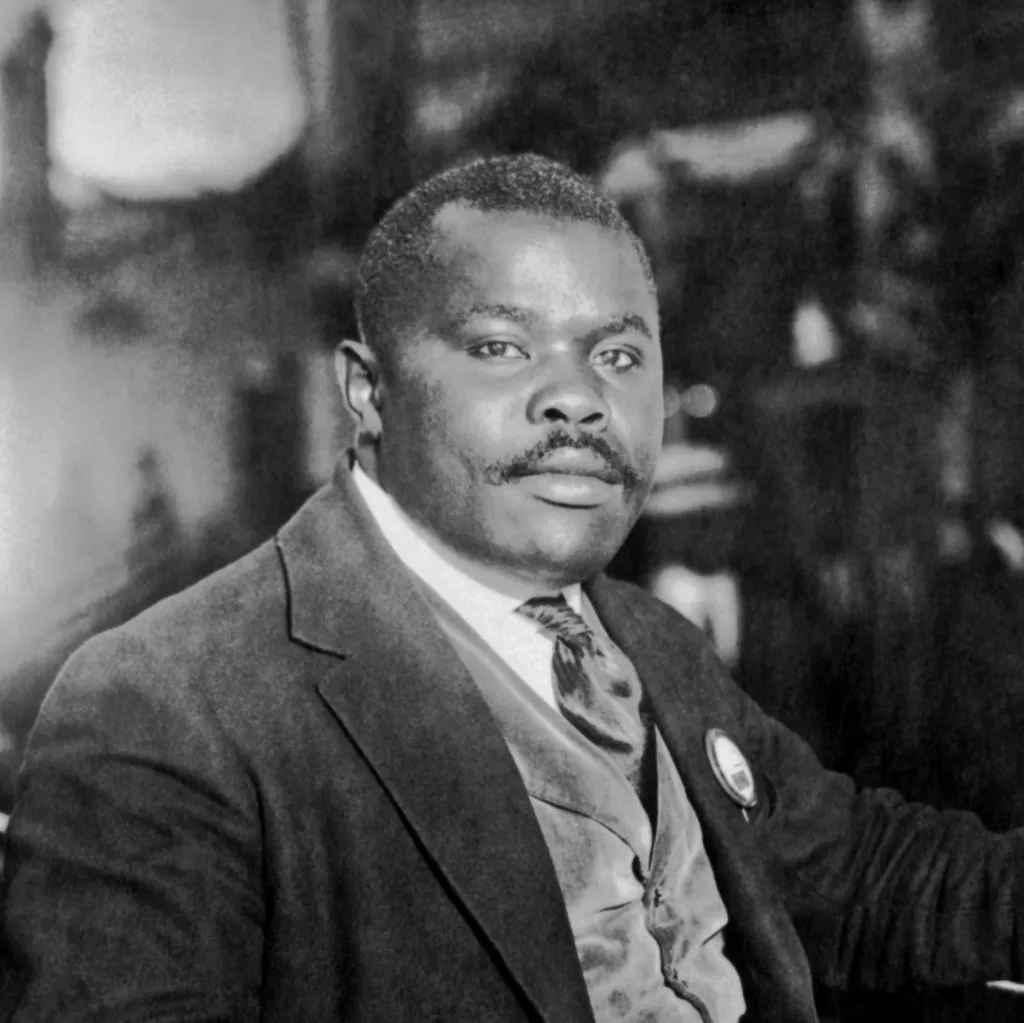Why is Black History Month celebrated in February in the US but in October in the UK?
Sign up for more LGBTQ+ news and updates at TrueQueer.
Investigation Reveals the Origins and Significance of Black History Month in the US and UK
February 2024 marks both LGBT History Month in the UK and Black History Month in the US. However, this has caused confusion among some individuals, leading to criticism of the official LGBT History Month Twitter account for allegedly clashing with the American Black History Month. In order to shed light on this discrepancy, it is important to examine the historical background of each month and understand why they are celebrated at different times of the year.
Black History Month in the US originated as Negro History Week, which was established in 1926 by historian Carter G Woodson. The week was chosen as it coincided with Abraham Lincoln’s birthday on February 12th and Frederick Douglass’s birthday on February 14th, both of which had been celebrated by Black communities since the 19th century. The aim of Negro History Week was to promote the teaching of Black American history in public schools. Initially, only a few states participated, but the event gained momentum over the years.
In 1969, Black educators and the Black United Students at Kent State University proposed expanding Negro History Week into Black History Month. The first official Black History Month was celebrated in February 1970. This expansion aimed to further emphasize the importance of teaching Black history, as Woodson believed that a race without history lacks significant traditions.
Turning to the UK, Black History Month was first celebrated in October 1987, coinciding with the 150th anniversary of Caribbean emancipation. The initiative was organized by Akyaaba Addai-Sebo, a Ghanaian analyst working for the Greater London Council as a coordinator of special projects. Addai-Sebo aimed to address the identity crisis faced by black children who struggled to connect with their African heritage. He witnessed instances where black children rejected their African identity, causing concern among parents and educators.
Addai-Sebo’s motivation for establishing Black History Month in the UK stemmed from his experience consoling a devastated mother whose son, named after Marcus Mosiah Garvey, asked why he couldn’t be white. This incident prompted Addai-Sebo to investigate the issue of identity further, leading him to observe and engage with children in various London communities. He discovered that even Ghanaians tried to mimic Afro-Caribbean culture, while some Afro-Caribbeans took offense at being referred to as African.
Recognizing the need for greater awareness and education, Addai-Sebo conceived an annual celebration of Africa’s contributions to world civilization. He received support from the leadership of the Greater London Council and the Inner London Education Authority, particularly from Ansel Wong and Ken Livingstone. Since its inception, Black History Month has spread from individual boroughs to encompass the entire UK.
The differing origins of Black History Month in the US and UK reflect the unique experiences and histories of Black Americans and Black Britons. While both countries aim to ensure that Black history is widely shared and celebrated, the specific issues faced by each community are distinct. The US focus on February aligns with significant dates in American history, while the UK’s October celebration is rooted in the commemoration of Caribbean emancipation.
Both Black History Month and LGBT History Month serve as important reminders of the accomplishments and contributions made by marginalized communities. These observances aim to highlight often overlooked histories, ensure their preservation, and promote inclusivity in various spheres of society. By understanding the origins and significance of these months, we can appreciate the ongoing efforts to foster a more inclusive and equitable world.
In conclusion, the celebration of Black History Month in February in the US and October in the UK has historical roots that reflect the specific experiences and histories of each country’s Black communities. While some confusion may arise from the overlap with LGBT History Month, it is crucial to recognize and honor the importance of both observances. Through education, awareness, and celebration, these months serve as reminders of the resilience, achievements, and contributions of Black individuals throughout history.
Follow us on: Facebook for more LGBTQ+ news and updates at TrueQueer.
“Black History Month celebration dates in US and UK”
![]()

